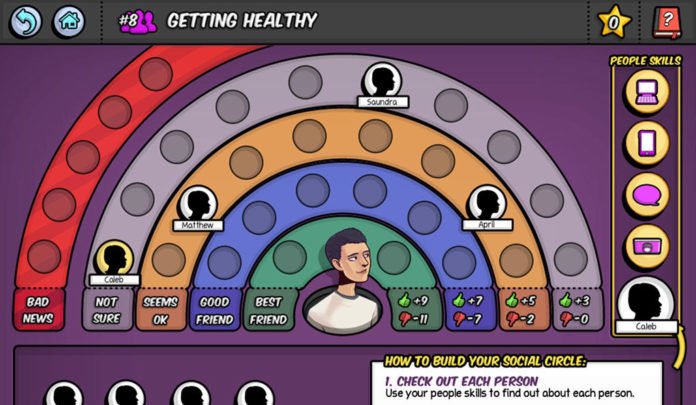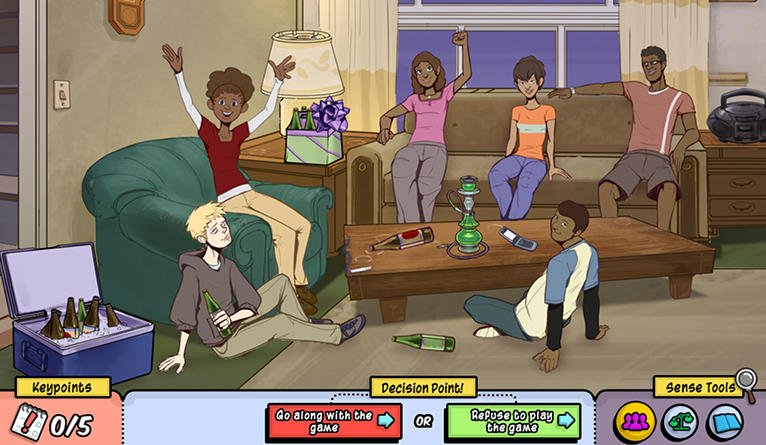Yale researchers have developed a video game that promotes health and reduces risky behavior in teens. It is also intended to improve sexual health knowledge and attitudes among minority youth.
The main objective behind this tool is to engage and enlight youths about the risk for HIV and other sexually transmitted infections (STIs).
According to an estimate, almost 30% of all new HIV infections globally are estimated to occur among youth ages 15 to 25 years. There are various programs available that focus on prevention and early intervention in other health risk behaviors that may lead to HIV infection. But lack of access to these programs put the people at risk.
Scientists noted, “Our video game, offers an accessible, portable tool for promoting health and reducing risky behavior among teenagers, particularly minority youth who are disproportionately impacted.”
Scientists conducted the study with 300 students, ages 11 to 14, from afterschool and summer programs in the New Haven. During the six-week study period, the youth either played the intervention game PlayForward: Elm City Stories, or one of the several unrelated video games on iPad tablets for up to 75 minutes twice per week. PlayForward is a serious role-playing video game that engages youth with a variety of challenges and choices in fictional yet realistic life situations.
During the one-year study period, students accessed a range of outcomes, including sexual health knowledge, attitudes, intention to initiate sex, and sexual activity. Scientists found that the PlayForward teens demonstrated improvements in both sexual health knowledge and attitude as compared to youth who played the non-intervention games.
For example, if asking, the PlayForward group tends to precisely respond that it was true that a girl can get pregnant the first time she has sex.
David Fiellin said, “The groups of teens did not differ in their intention to initiate sex or be sexually active, the findings are significant and important. It was proof of concept.”
“To our knowledge, never before has a video game intervention been developed with such extensive input from its target audience, and tested through rigorous scientific methods over a long stretch of time, demonstrating that kids will engage in a game with serious content and learn things that impact the way they think and potentially what they do.”
Now, scientists are planning to refine and disseminating the game content with the goal of influencing youth behavior.

